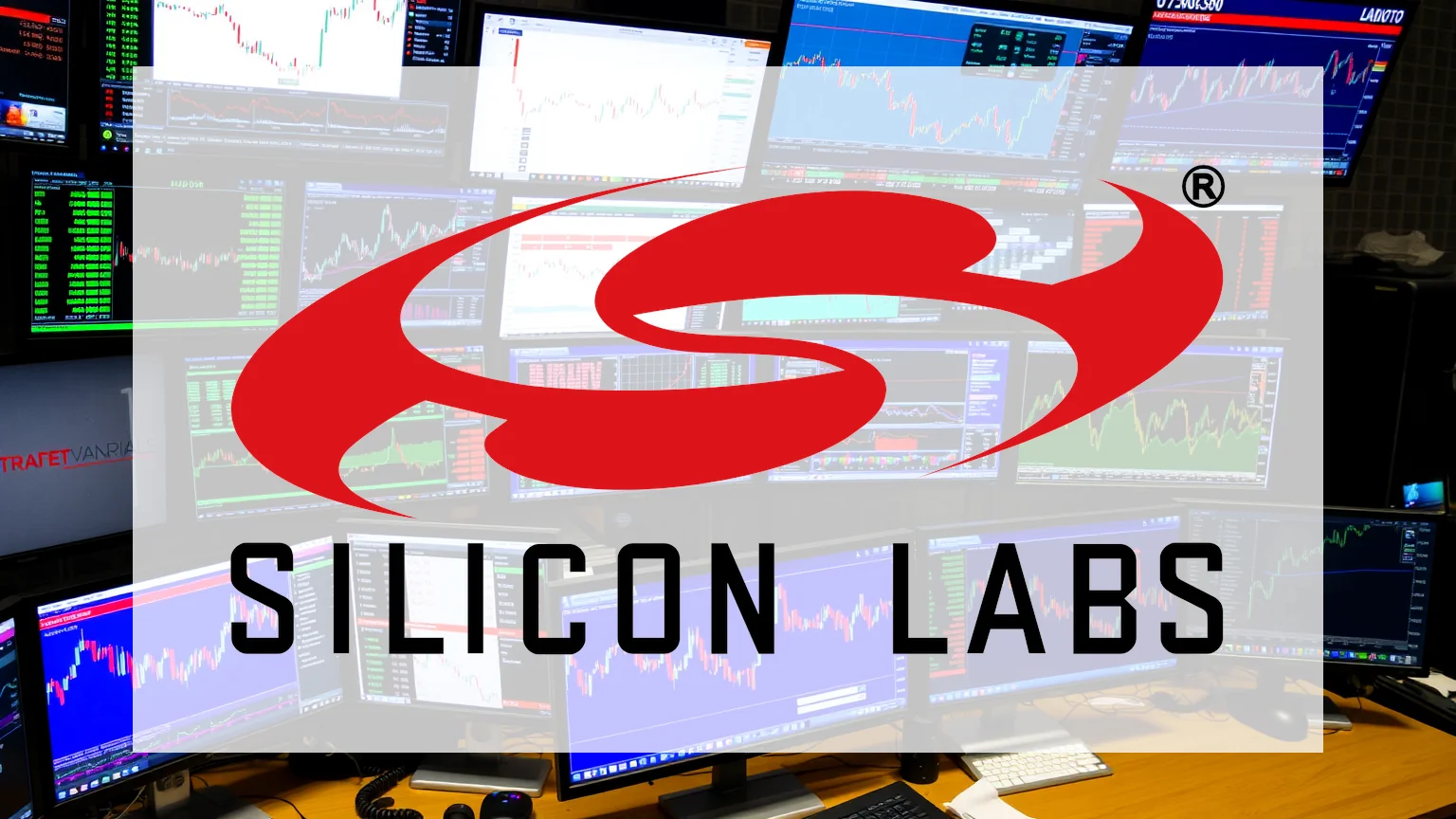Pfizer finds itself navigating increasingly turbulent political waters as it works to reduce its reliance on COVID-related products. Simultaneous regulatory debates and unexpected research setbacks are creating significant pressure on the pharmaceutical giant’s stock, raising questions about its ability to weather the storm and convince investors of its long-term strategic vision.
Strategic Progress Amidst Challenges
Despite facing substantial headwinds, Pfizer’s strategic pivot away from pandemic-related products is showing early signs of success. The company’s second-quarter 2025 results revealed a 10% year-over-year revenue increase, primarily driven by non-COVID products including the RSV vaccine Abrysvo and contributions from recent acquisitions such as Seagen. This performance provided management with sufficient confidence to raise their full-year 2025 profit guidance.
The company is strategically focusing on oncology and rare diseases as its new growth engines, a shift that comes at a critical time. Between 2026 and 2028, patent protection expires for several of Pfizer’s blockbuster medications. The central question facing investors is whether growth in these new therapeutic areas can sufficiently offset anticipated revenue declines from both patent expirations and diminishing COVID-related sales.
Political Pressure and Market Skepticism
Current political discussions surrounding vaccine manufacturers have created substantial market uncertainty. Recent rumors about potential regulatory changes placed downward pressure on Pfizer’s stock, prompting the company to issue a formal statement on September 16, 2025. In this communication, Pfizer reaffirmed the safety and efficacy profile of its COVID-19 vaccine while emphasizing its commitment to transparency. Despite these assurances, market sentiment remains cautious as political uncertainties continue to weigh on the company’s valuation.
Should investors sell immediately? Or is it worth buying Pfizer?
Research and Legal Hurdles Emerge
Beyond political challenges, Pfizer faces significant obstacles in its research pipeline. The company recently encountered a major setback when its Phase 3 trial for inclacumab, an investigational treatment for sickle cell disease, failed to meet its primary endpoint. This development raises broader questions about the viability of other pipeline assets and underscores the inherent difficulties in pharmaceutical development.
Compounding these research challenges, Pfizer now faces legal complications in European markets. Enanta Pharmaceuticals has filed a patent infringement lawsuit targeting Pfizer’s COVID-19 therapeutic Paxlovid. This litigation not only presents potential financial risks but also forces Pfizer to divert resources toward intellectual property protection—resources that are particularly precious during this period of strategic repositioning.
The Path Forward
Pfizer stands at a critical inflection point. While near-term challenges appear substantial, the company’s consistent strategic reorientation may ultimately deliver long-term rewards. Success, however, depends on effectively navigating both the immediate political storms and research setbacks while continuing to execute its transition toward sustainable growth drivers beyond the pandemic era.
Ad
Pfizer Stock: Buy or Sell?! New Pfizer Analysis from February 7 delivers the answer:
The latest Pfizer figures speak for themselves: Urgent action needed for Pfizer investors. Is it worth buying or should you sell? Find out what to do now in the current free analysis from February 7.
Pfizer: Buy or sell? Read more here...











